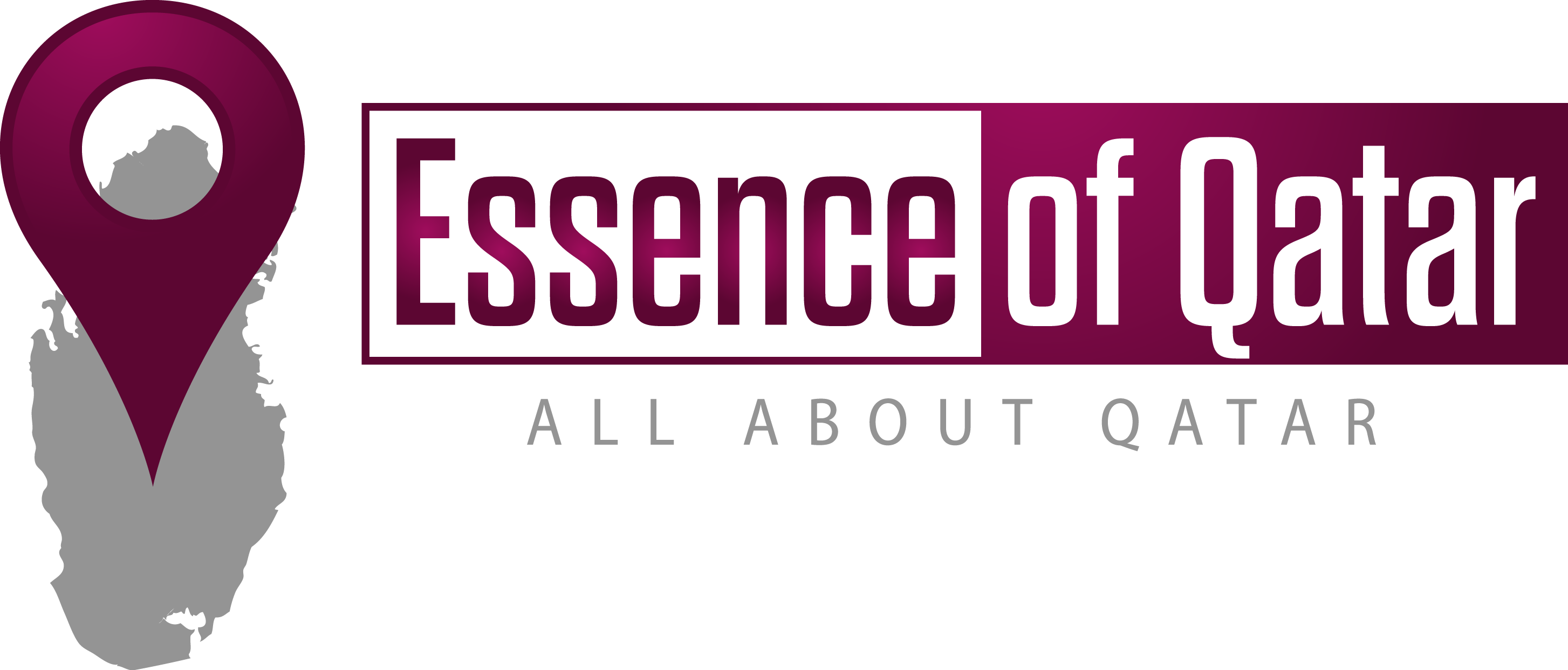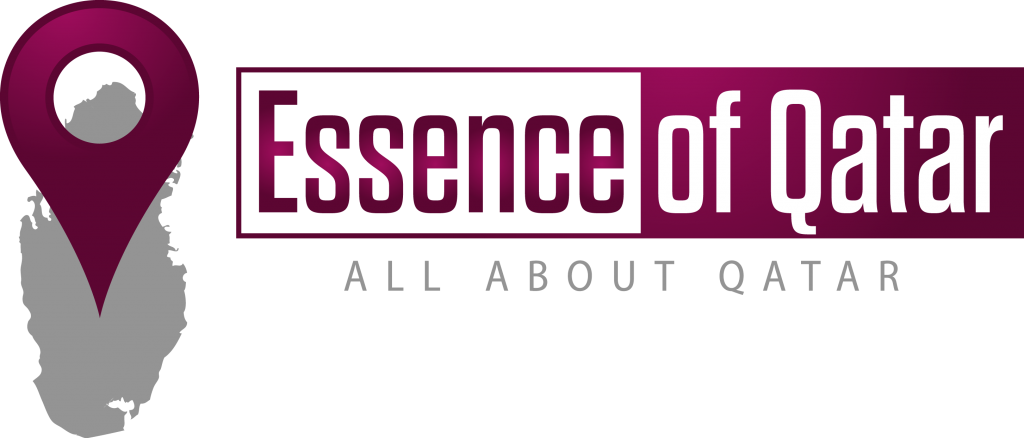Vulnerability is not knowing victory or defeat; it’s understanding the necessity of both; it’s engaging. It’s being all in.”
Many a times we operate under the assumption that in order to be respected, one couldn’t be vulnerable — one had to be indisputable and work with perfection and know about everything. And have all the answers. Decisions had to be perfectly rational and cannot afford to make mistakes. And of course, this was an absurd assumption.

We human beings are social creatures. For the most part, we like to be with people, and we want people to like to be with us. The trouble is that we get all tied up in trying to communicate a version of ourselves that we think people will find attractive. The last thing we want to do is appear weak, or somehow insufficient. So, we project some kind of perfect version of ourselves that will ensure that we are loved and wanted.
My work and life was not (and still isn’t) perfect. There are plenty of things that I don’t know about. I make irrational decisions on a daily basis (as a matter of fact, we all do — and that’s actually a good thing). In short, I am not undeniable; I am not invulnerable. But why was it that I thought I had to be?
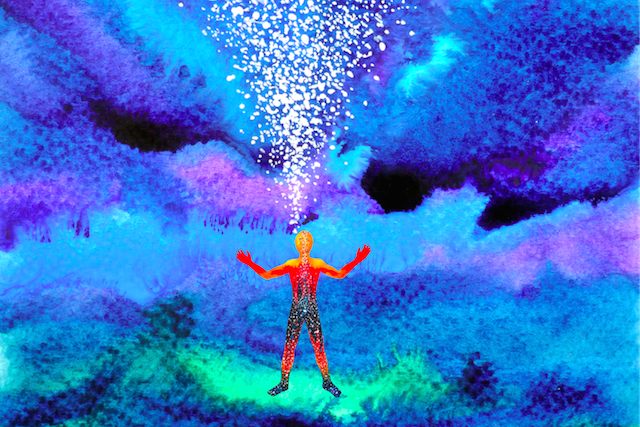
The truth is that it’s impossible to keep this act together. Inevitably a moment comes when something gets to us so strongly that we can’t pretend any longer. We appear as we actually are—flawed, brave, struggling, and absolutely human. This is the moment when we can experience vulnerability as a superpower.
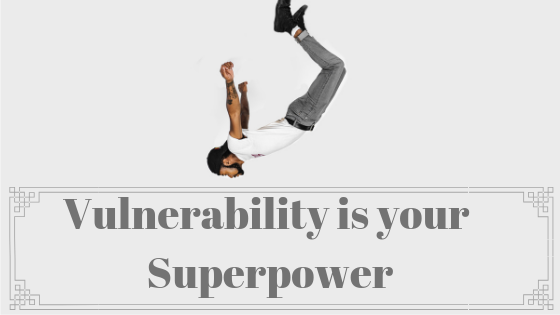
When we allow ourselves to be vulnerable, we are not pretending, we are not hiding—we are simply present with whatever is going on inside us. Ironically, it is this very feeling of authenticity that draws people to us, not the brittle effort of perfectionism.
We’ve had to learn how to be vulnerable as we’ve faced the challenges life’s put in our way.
Shame as Vulnerability’s Implacable Enemy
I define shame as the intensely painful feeling or experience of believing that we are flawed and therefore, unworthy of love and belonging. Something we’ve experienced, done, or failed to do makes us unworthy of connection. “

For shame to exist it needs secrecy, silence, and a sense of judgment. It’s very hard to for us to speak out about the things we are ashamed of. So, when we make a mistake, it’s more automatic to try and cover it up or blame someone else than to admit that we got something wrong—because then we’d be showing that we are vulnerable
We all have to face stuff that challenges us and frightens us. No one is immune to suffering and pain. As human beings we are all in the same boat, doing our best to navigate our way through whatever life puts in our way
- Sharing your truth and vulnerability permits others to share their own. Honest stories build trust and a calming sense that ‘you are not alone’. When we hear others have also experienced similar issues and feelings, shame is diminished, and space for solutions and support emerges.
- Admit when you need support (in whatever way is relevant) from family, partner and friends. Be truly honest. You might be amazed at the support and guidance.
Observing people facing their fears and anxieties with patience, and quiet dignity, brought home to me that it’s when we allow ourselves to be vulnerable that we can find our deepest courage and strength.
The surest way to stay vulnerable is to stay open. Openness means being willing to listen to others and really think about the possibility of them being right. Not only that, but consider that perhaps you are right much less of the time than you think.

At worst, you’ll find out you’re still right quite a bit, but be humbler about it. At best, people will sense that you’re a good person to talk to — and that’s never a bad thing.
We move from trying to hide it, to accepting that it is there and arrive at a place where we can transform the lessons we have learned into wisdom and understanding. For me, this is the perfect symbol of vulnerability as a superpower.
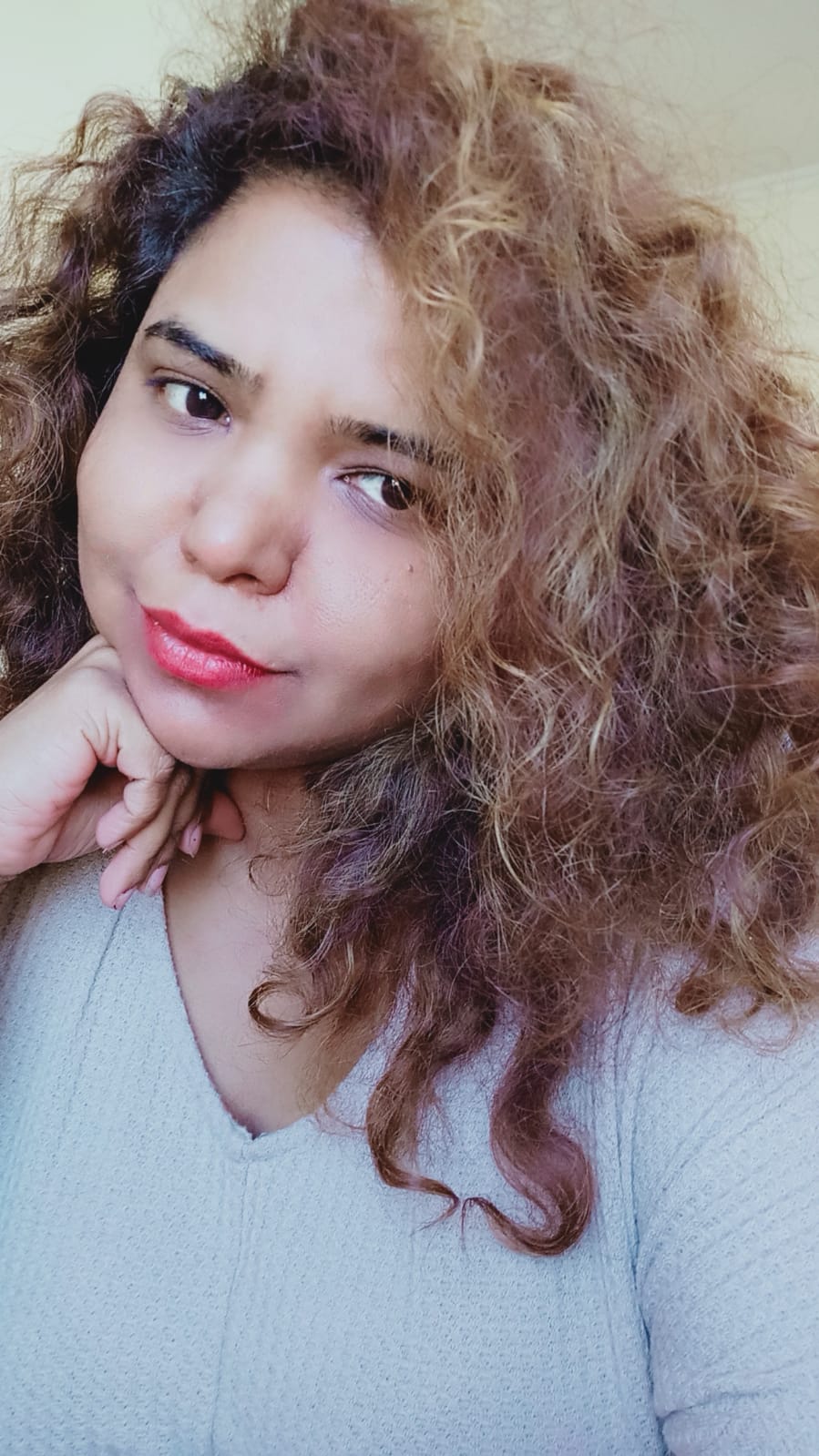
Much Love
RK
